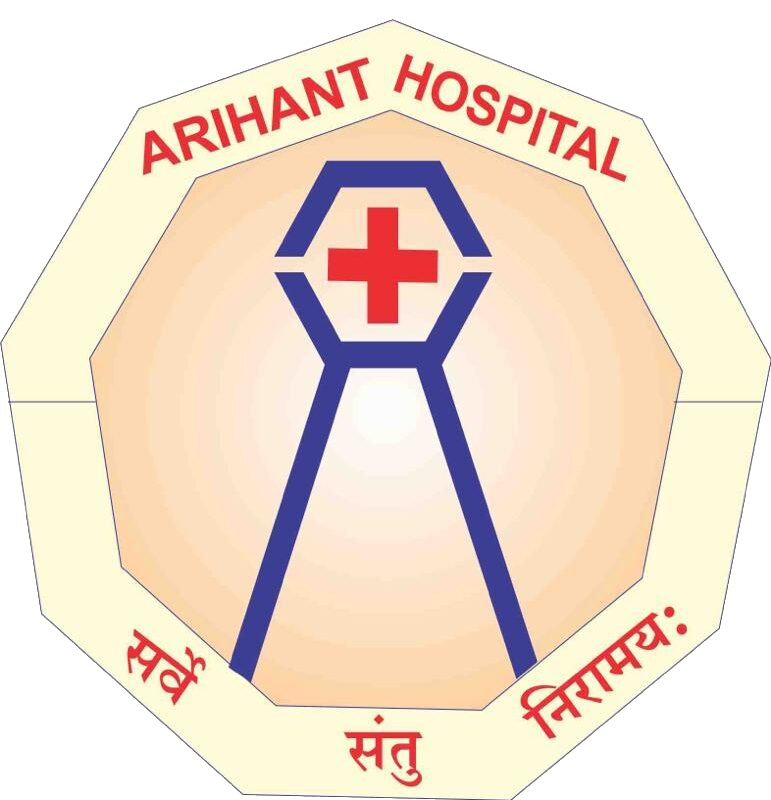Medicine & Gastroenterology

Overview:
Diabetes and hypertension are two prevalent chronic conditions with significant implications for overall health. Diabetes, characterized by elevated blood sugar levels, can be of Type 1 or Type 2. Hypertension, or high blood pressure, is a condition where the force of blood against the artery walls is consistently too high. Both conditions require ongoing management to prevent complications.
Symptoms:
Diabetes symptoms include increased thirst, frequent urination, and unexplained weight loss. Hypertension is often asymptomatic, earning it the nickname “the silent killer.” However, severe cases may lead to headaches, shortness of breath, or nosebleeds.
Causes:
Type 1 diabetes is an autoimmune condition, while Type 2 is often associated with lifestyle factors like obesity and lack of physical activity. Hypertension can result from genetic factors, aging, or lifestyle choices such as a high-sodium diet, lack of exercise, and smoking.
Prevention:
Preventing diabetes involves maintaining a healthy weight, engaging in regular physical activity, and adopting a balanced diet. Hypertension prevention includes a low-sodium diet, regular exercise, maintaining a healthy weight, and managing stress. Regular check-ups and monitoring are crucial for both conditions.
Conclusion:
In conclusion, the management of diabetes and hypertension is a lifelong commitment that requires a combination of lifestyle changes, medication, and regular monitoring. By emphasizing prevention through healthy habits and early intervention, individuals can significantly reduce the risk of complications and improve their overall quality of life.
